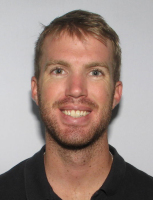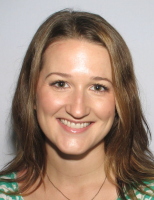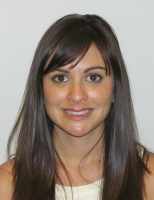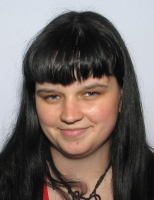 1. Researchers’ names: Doctoral Student James Sinclair PI, (jsinclai@uoregon.edu) ; Dissertation Chair Chris Murray (cjmurray@uoregon.edu)
1. Researchers’ names: Doctoral Student James Sinclair PI, (jsinclai@uoregon.edu) ; Dissertation Chair Chris Murray (cjmurray@uoregon.edu)
2. Study Title: The effects of a school-based cognitive behavioral therapy curriculum on mental health and academic outcomes for adolescents with disabilities.
3. Phase of study: Data collection and analysis are complete. Currently, he is finishing writing up his dissertation.
4. Population or age group: High school students with disabilities
5. Summary: This study is for my dissertation, I am utilizing a group comparison design to see the effects of a self-developed curriculum on mental health outcomes. The curriculum is developed to teach students about internal locus of control, and how common mental health problems like depression and anxiety can impact relationships as well as their environments.
6. Opportunity for Participation: If you are interested in helping with this project, please contact James Sinclair (jsinclai@uoregon.edu), there will be opportunity to help with data collection.





